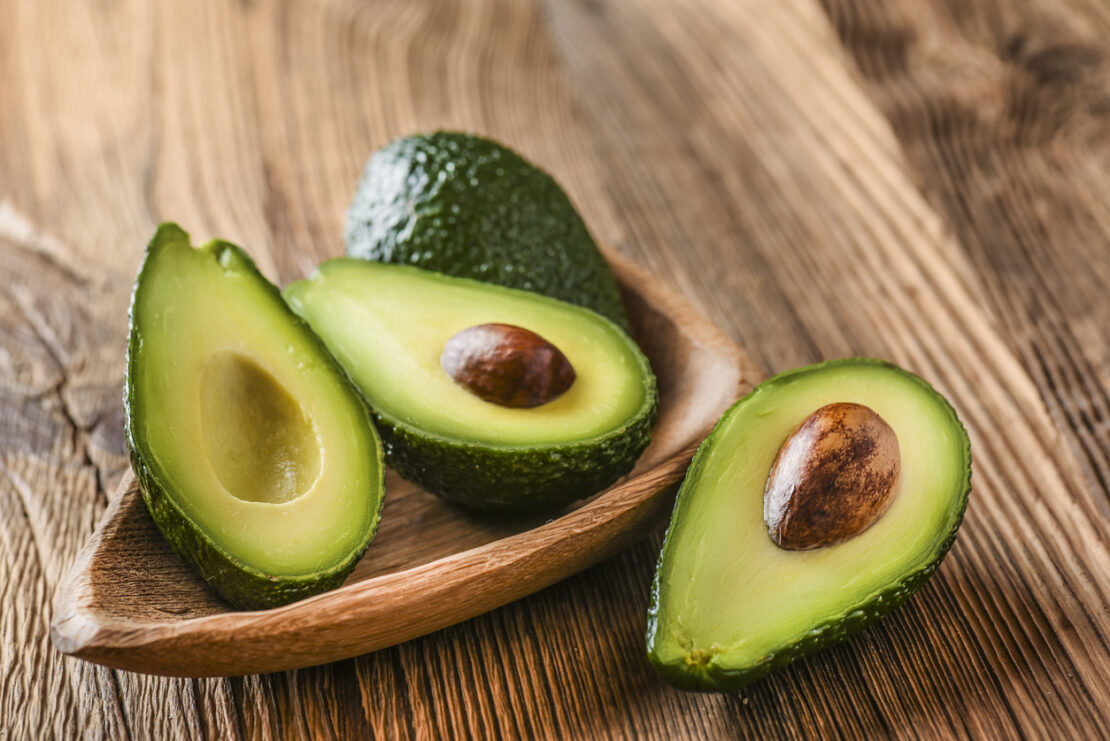It doesn’t get nearly the publicity of other deadly health conditions such as heart disease and diabetes. But it may be even worse.
That’s because metabolic syndrome is the root cause of many of the most lethal illnesses. And more than a third of Americans have it.
Metabolic syndrome increases your risk of heart disease fourfold. And it makes you 30 times more likely to develop diabetes.
Metabolic syndrome is characterized by five risk factors:
- High blood pressure
- High blood sugar
- High levels of triglycerides
- Low levels of HDL (“good”) cholesterol
- Belly fat
If you have three or more of these symptoms, you likely have metabolic syndrome.[1]
A large review of medical studies reveals that simply adding one fruit to your daily diet can prevent—and even reverse—metabolic syndrome.[2]
For years, mainstream doctors warned that you should avoid avocados. They were thought to be fattening. Researchers have found those doctors were absolutely wrong.
Avocados for Optimal Heart Health
Researchers did a 20-year review of studies on the health effects of avocados. They found that they improve almost every area of your health. And they are an especially powerful weapon against metabolic syndrome.
Avocados are rich in important nutrients. They include carotenoids, fatty acids, minerals such as calcium, iron, and zinc, and vitamins A, B, C, and E.[3] [4]
Researchers found eating avocados:
- Lowers systolic blood pressure (the upper number) by up to 10% and diastolic readings (the lower number) by up to 5%.
- Reduces hardening of the arteries from bad cholesterol and plaque buildup.
- Increases levels of HDL—“good” cholesterol—and lowers LDL—“bad” cholesterol—by 5-10%. It also has a beneficial impact on triglycerides.
And as for the conventional “wisdom” that avocados are fattening…
Obese adults who ate one avocado a day for six weeks—and changed nothing else in their diet—actually lost weight. And they reduced their body fat by as much as 10%.
The study was published in the journal Phytotherapy Research. The study authors concluded: “The lipid-lowering, anti-hypertensive, anti-diabetic, anti-obesity, anti-thrombotic, anti-atherosclerotic, and cardioprotective effects of avocados have been demonstrated in several studies.”
The researchers endorsed avocados as a natural treatment for metabolic syndrome. “Satisfactory clinical evidence suggested that avocados can be used . . . for treatment of different components of MetS (metabolic syndrome),” they wrote.
Avocados: Should You Buy Organic?
While you might worry about chemicals and pesticides in other fruits, avocados are just about risk-free. In fact, they are one of the rare fruits or vegetables where it doesn’t make sense to pay extra for organic. The thick outer skin keeps pesticides and nasty chemicals from contaminating the meat of the fruit.
Bugs generally can’t pierce the skin…so farmers use few chemicals when growing avocados.
Another way to get the benefits of avocados is to use avocado oil for cooking. It has a mild flavor and very high smoking point, about 500 degrees.[5]
This means its healthful fatty acids and nutrients remain intact at higher temperatures. And it makes a great base for homemade salad dressings.
If you’re worried about your heart, there’s something else you need to know…
Research shows the standard heart disease treatments—stents and statin drugs—don’t prevent heart attacks. Discover what does by reading our monthly journal Independent Healing. It’s your best source for reliable, unbiased health information. For more information, go HERE.
Related Articles
Chocolate Lowers Heart Disease Risk, Study Finds
The Fruit that Works Better than Statins
More Americans than Ever Take Statins…and the Heart Disease Epidemic Keeps Growing
References:
[1] http://www.webmd.com/heart-disease/guide/metabolic-syndrome#2
[2] https://www.eurekalert.org/pub_releases/2017-04/w-amh041017.php
[3] http://onlinelibrary.wiley.com/doi/10.1002/ptr.5805/full
[4] http://dailytimes.com.pk/infotainment/12-Apr-17/avocados-can-help-treat-metabolic-syndrome-study
[5] https://chosenfoods.com/pages/avocado-oil-faq

